Summit on Artificial Intelligence .. European Commission: The number of companies has increased tenfold and we have the largest number of specialists in the world and an incredible wealth of data and a strong and unique industrial base

- Europe and Arabs
- Tuesday , 11 February 2025 9:19 AM GMT
Brussels - Paris "Europe and the Arabs"
At the European Business Meeting of the AI Business Summit, Ursula von der Leyen, President of the European Commission, said: "Europe is one of the largest digital markets in the world. We provide excellent and safe products to the world every day, with our medicines, our planes, our cars, our communications systems, etc.
We provide clean energy. We have provided life-saving vaccines to get the world out of the Covid-19 pandemic. And we will also provide artificial intelligence.
Today, we are joined by the CEOs of Europe's most dynamic AI companies. So let me start by looking at the strengths of our AI ecosystem, before moving on to how we can step up our efforts.
The Commission in Brussels published Vonderlein’s speech in Paris, which also said: “The startup scene in Europe is booming. The number of AI companies that have become startups has increased by a factor of 10 in the past few years. The number of AI specialists per capita is higher than in any other region of the world. We have a unique and strong industrial base. And thanks to that, an incredible wealth of data. But we have to use this asset well!
So, we want AI to be trained using this high-quality data generated by the collaboration between industries and the public sector. That’s why we have created talent and computing centers. We call them AI factories. In our AI factories, our best scientists and startups have access to our world-class supercomputers to craft the AI we need.
We have created a record 12 AI factories in just a few months. Seven of them are already operational and the other five are under construction. This is actually the largest public investment in AI in the world and we intend to grow and multiply it.
Some European AI companies are already specializing in business applications. Innovative companies like Mistral and Helsing, here today, along with many others, are developing products tailored to specific business needs… customer service, smart drones, management of entire fleets of commercial ships… and so on.
These applications may not make headlines every day, but they are certainly improving the productivity of industries across Europe. But we clearly know that this is not enough.
Our startups need resources to scale, and we are far from widespread adoption of AI in our economy and society. That is why we are taking it to the next level. We want to expand our model of open collaboration so that we can host leading innovation in AI.
Since AI requires enormous computing power, the next step will be to launch AI Gigafactories. These are massive data and computing infrastructures for training very large models. Similar projects have also been announced in the US, by major AI players. But with our European Gigafactories, computing power will no longer be the preserve of the few. It will be a service available to everyone.
Some time ago, I launched the CERN idea of AI, to point out the similarities with a successful collaborative model. CERN has enabled countless groundbreaking innovations, including the World Wide Web. There are differences, of course. For AI, we need the private sector to fully participate in our gigafactories. And we need more capital to make that happen. We’ll discuss that tomorrow. But today I want to emphasise our approach of giving researchers and start-ups a unique opportunity to access world-class computing infrastructure. This will allow industries to collaborate and pool their data. It will allow hospitals, for example, to securely train models based on their own images and genomic data. It will enable unprecedented advances in basic science and climate modelling. And like CERN, which attracts scientists from all over the world, our gigafactories will be open to the best talent. Because Europe is generally open to collaboration. Developing AI for the common good doesn’t just require competition – it also requires collaboration. Europe has a long and successful tradition of pooling knowledge and sharing research – think Horizon… and working together. This is the European way.


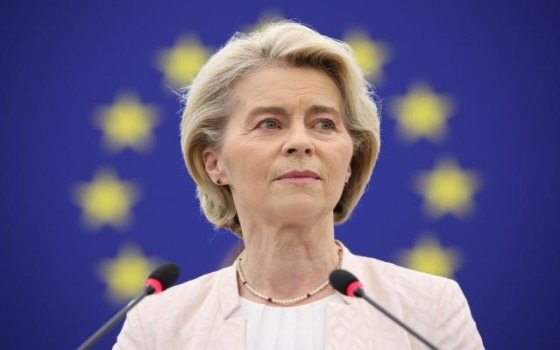
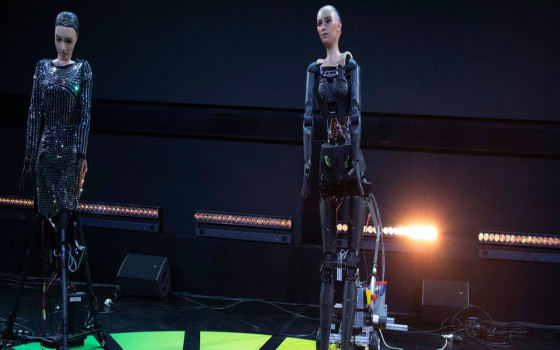
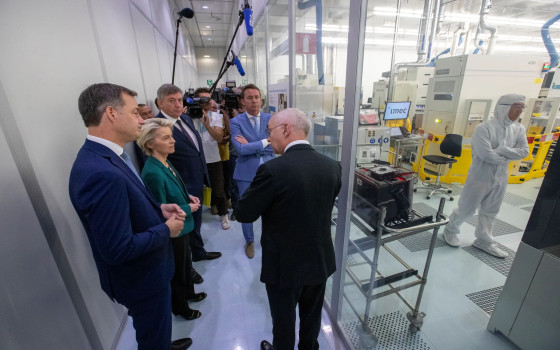






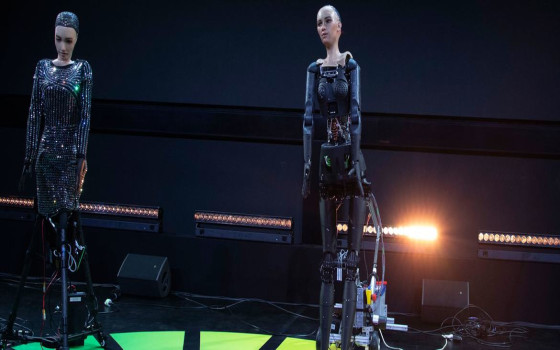
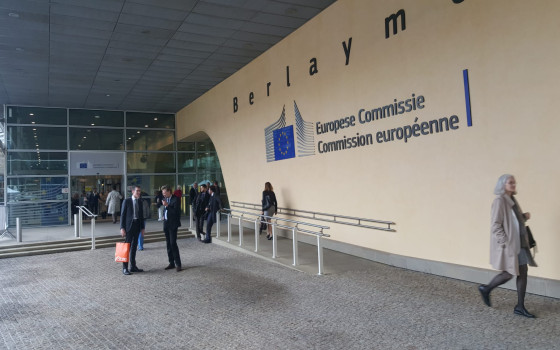
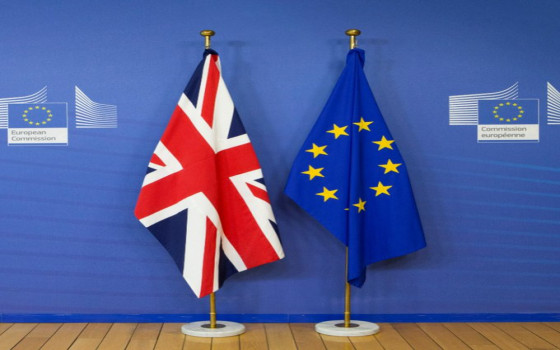
No Comments Found